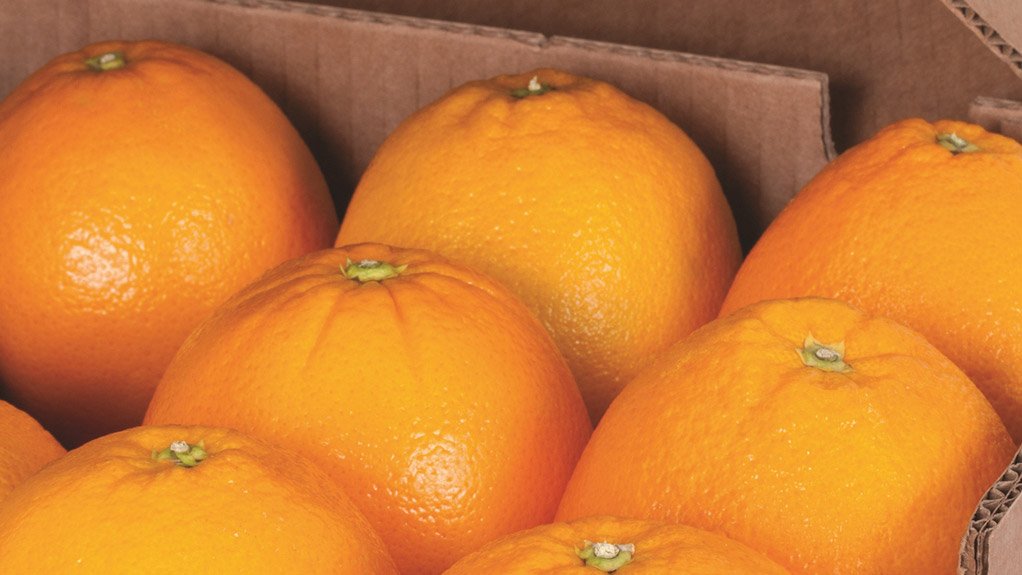Cabinet has questioned the imposition by the European Union (EU) of what it describes as “stringent” restrictions on South Africa’s citrus exports, which are now the subject of a formal dispute initiated at the World Trade Organisation (WTO).
South Africa has, for the first time, requested the establishment of two dispute panels under the WTO’s dispute settlement system to review measures affecting the import of South African citrus fruit into the EU.
This, after long-running consultations aimed at resolving the dispute failed to reach a mutually agreed solution.
The dispute relates to the approach being taken by the EU to combat the False Codling Moth (FMC), which has been listed as a pest under the bloc’s plant protection regime.
These restrictions include the mandatory application of specified cold treatment and precooling steps before the importation of citrus fruit from South Africa, or any other country in which FCM is present, except for Israel.
South Africa has highlighted that the same “rigid requirements” are not applied to other FCM hosts, such as roses and peppers and also questions why it is being treated differently from a country where similar conditions prevail.
Following its meeting of August 7, Cabinet argued that, while the restrictions did not represent a ban, they were resulting in significant costs for the domestic citrus industry, estimated at R2-billion a year.
“South Africa is the world’s second largest exporter of citrus and 33% of South Africa’s citrus exports are destined for the EU market,” the Cabinet statement reads, adding that the industry provided direct employment for over 140 000 people.
South Africa’s request for the establishment of two dispute panels was considered at a meeting of the Dispute Settlement Body on 24 June.
In both cases, South Africa is arguing that EU measures are not based on scientific principles, are maintained without sufficient scientific evidence, and are more trade-restrictive than necessary to achieve the EU's appropriate level of protection.
The EU said it regretted South Africa's decision to pursue panel proceedings and maintained that its pest-control measures were justified.
At a meeting on July 26, the Dispute Settlement Body established the panels, which still need to be composed, however.
EMAIL THIS ARTICLE SAVE THIS ARTICLE ARTICLE ENQUIRY
To subscribe email subscriptions@creamermedia.co.za or click here
To advertise email advertising@creamermedia.co.za or click here











